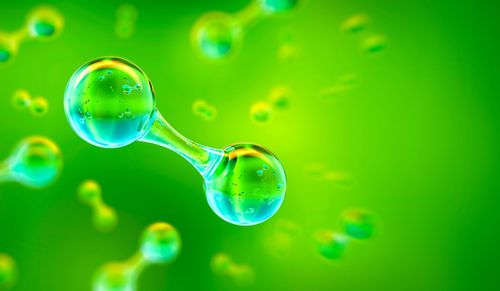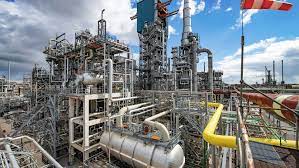GE Gas Power and Shell Global Solutions have signed an agreement under which GE will develop use of 100% hydrogen as a fuel for gas turbines, according to a press release.
Focus will be on hydrogen solutions for B&E class gas turbines used in LNG and power generation applications.
“Shell’s Blue Hydrogen Process is a leading technology that can deliver the lowest carbon intensity fuel of its kind,” the release states.
GE’s B&E class heavy-duty gas turbines can already operate on 100% hydrogen, emitting up to 25ppm NOx with the use of water in diffusion combustors. As part of this development agreement GE is targeting gas turbine technology with the capability to operate on 100% hydrogen without the use of water while still maintaining NOx emissions.
The new DLN combustor technology is intended to support retrofittable system solutions for low-carbon operation of gas turbines. DLN combustors are efficient and do not use water as a diluent.
The developments to the DLN combustion technology could be installed on either new or existing 6B or 7E gas turbines. This would help reduce carbon emissions in industrial applications and LNG operations, particularly where water usage is challenging.
In extreme climates the B and E Class heavy-duty gas turbines provide power and perform in many duty cycles. These turbines can use more than 50 types of fuel, including hydrogen —and can switch fuels while running under full load.






